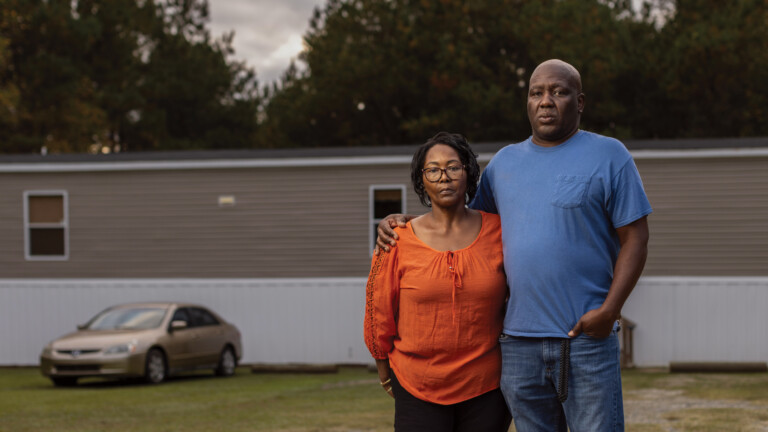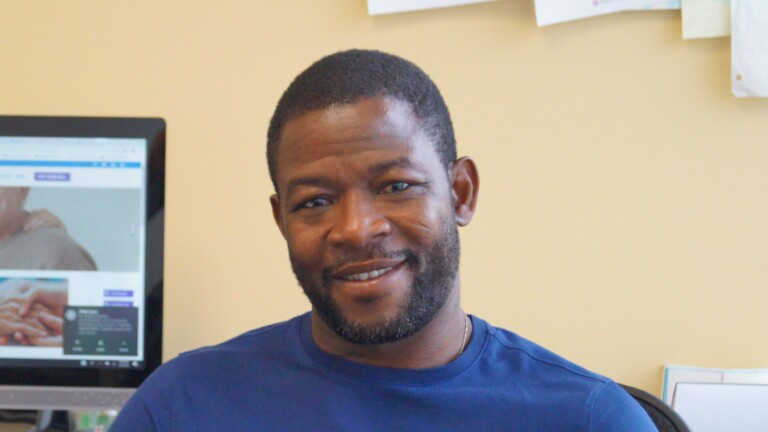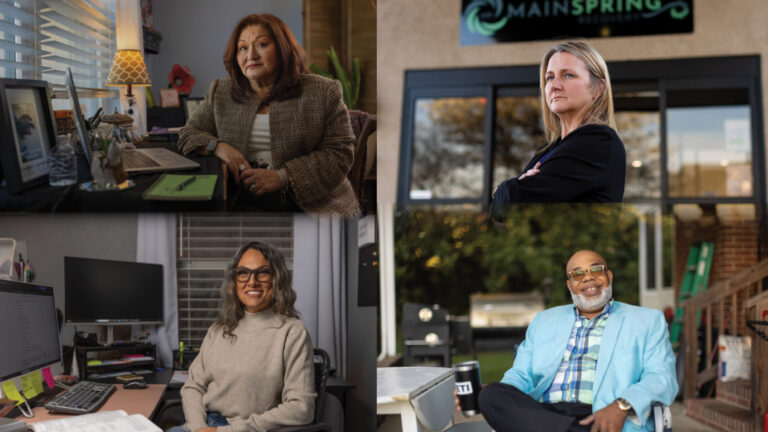Three More States Say Yes To Fresh Starts

At IJ, we believe that a past mistake shouldn’t permanently bar someone from earning an honest living. This spring, three states enacted IJ-supported legislation removing outdated or irrelevant criminal-record restrictions from their occupational licensing regimes—and ensuring that people who have paid their debt to society can move forward and earn an honest living.
In Utah, IJ joined a reentry task force, working alongside state agencies, nonprofits, and faith-based organizations to consider policies that reduce recidivism and promote economic liberty. The result was HB 167, a sweeping omnibus bill on second chances. IJ successfully inserted several key provisions: shortening the lookback window for criminal convictions from seven to five years, prohibiting boards from considering juvenile records or mere arrests, and removing remaining references to outdated terms like “moral turpitude.”
In Virginia, IJ worked with a coalition of reentry groups and other organizations to pass SB 826, a landmark reform that establishes a formal predetermination process. This process allows applicants to request a binding assessment of whether their criminal record would disqualify them from working in a particular occupation before investing time and money in training. After both chambers passed the bill, IJ’s legislative team led a final round of advocacy to ensure it earned the governor’s signature—which it did on March 24.
Meanwhile, in Maryland, HB 482 passed with bipartisan support and was awaiting the governor’s signature as this issue went to print. Based on components of IJ’s model legislation, this much-needed reform limits disqualification to convictions directly related to the license at hand and provides a predetermination process similar to Virginia’s for a number of occupations. But in an unexpected twist, a provision making the law effective for only three years was inserted to appease the opposition. IJ will continue working in Maryland to ensure the reform is made permanent.
These victories reflect a growing recognition across the political spectrum that punitive licensing barriers serve no one—and that all communities benefit when more people can work, contribute, and rebuild their lives. IJ strives to ensure that the right to earn an honest living is not a privilege reserved for the faultless, but a freedom guaranteed to all.
Sam Hooper is an IJ legislative counsel.
Related Cases

Economic Liberty | Fresh Start
Texas Fresh Start Social Worker
Texas—and the country—face a two-fold problem: an exploding mental health and substance abuse crisis and a dire shortage of professional social workers to address those issues. Yet rather than make it easier for qualified applicants…

Economic Liberty | Fresh Start
Virginia Fresh Start II
People who have overcome drug or alcohol addiction often want to help others overcome addiction, too. Their firsthand experience can make them particularly well-suited to guide others through recovery. Melissa Brown is one of those…

Economic Liberty | Fresh Start | Occupational Licensing
Virginia Fresh Start
Rudy Carey wants to help people overcome addiction through counseling, but Virginia has decided he cannot do so because he has a prior criminal conviction. The Constitution protects Rudy’s right to earn an honest living,…
Subscribe to get Liberty & Law magazine direct to your mailbox!
Sign up to receive IJ's bimonthly magazine, Liberty & Law, along with breaking news updates about the Institute for Justice's fight to protect the rights of all Americans.













